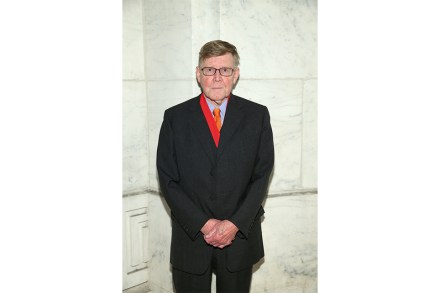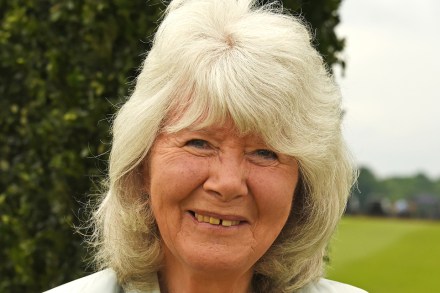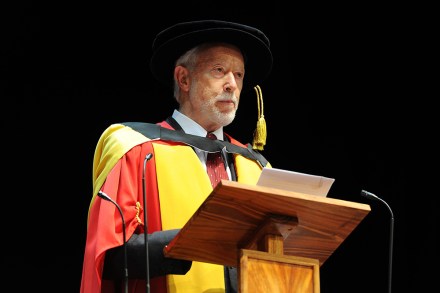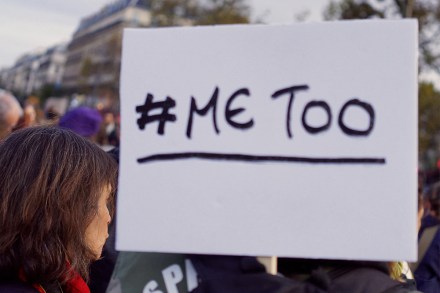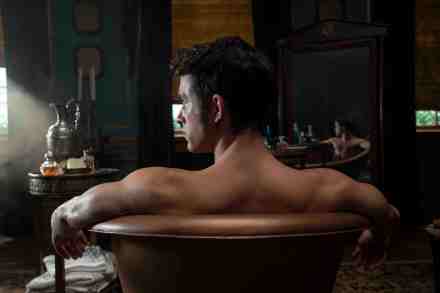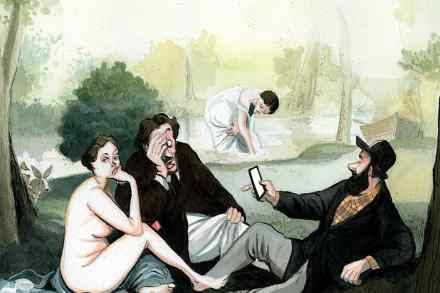A geriatric Lord of the Flies: Killing Time, by Alan Bennett, reviewed
Somewhere, there must be a PhD: Flashing: Exhibitionistic Disorder in the Oeuvre of Alan Bennett. It’s there in the first of his Talking Heads monologues (‘He’s been had up for exposing himself in Sainsbury’s doorway – as mother said, Tesco, you could understand it’) and in the last, Waiting for the Telegram, which opened with Thora Hird, one-time presenter of Songs of Praise, saying: ‘I saw this feller’s what-do-you-call-it today.’ It takes three pages for a what-do-you-call-it to appear in Killing Time, Bennett’s new novella, which is set in Hill Topp House old people’s home. Mr Woodruff, a resident, is indefatigable, his self-exposure a running motif as ‘not for the
